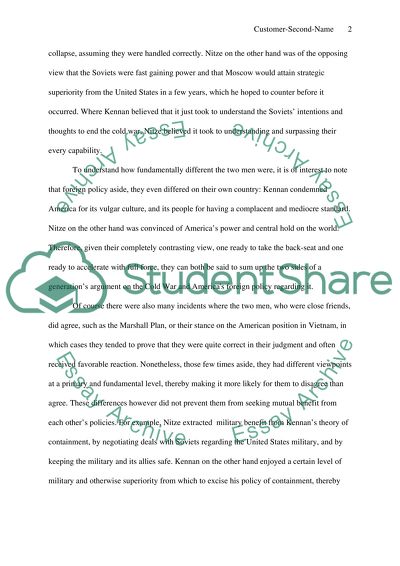Cite this document
(“The Cold War and American Foreign Policy Essay Example | Topics and Well Written Essays - 1000 words”, n.d.)
Retrieved from https://studentshare.org/history/1421816-which-of-the-two-men-had-better-ideas-on-foreign
Retrieved from https://studentshare.org/history/1421816-which-of-the-two-men-had-better-ideas-on-foreign
(The Cold War and American Foreign Policy Essay Example | Topics and Well Written Essays - 1000 Words)
https://studentshare.org/history/1421816-which-of-the-two-men-had-better-ideas-on-foreign.
https://studentshare.org/history/1421816-which-of-the-two-men-had-better-ideas-on-foreign.
“The Cold War and American Foreign Policy Essay Example | Topics and Well Written Essays - 1000 Words”, n.d. https://studentshare.org/history/1421816-which-of-the-two-men-had-better-ideas-on-foreign.


